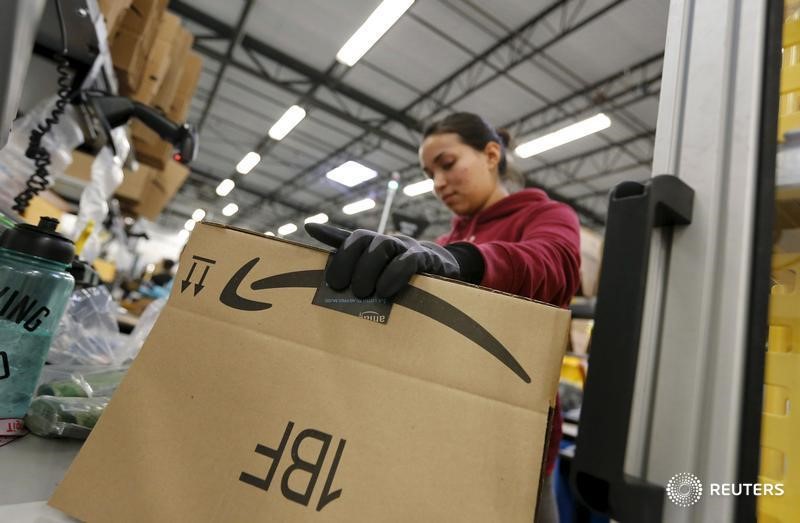By Catherine Cadell
BEIJING (Reuters) - Sharp drops in smartphone sales for China's Xiaomi Inc (XTC.UL) will not have a major impact on the company as profit growth will be driven by sales from smart home devices as well as revenue from its software eco-system, a senior executive said.
Xiaomi was valued at $46 billion in its last fund-raising in 2014 - making it briefly the world's most valuable start-up at a time when it was China's best-selling smartphone maker and looked set to make a splash worldwide.
But last year it missed its global smartphone targets by 12 percent, while its third-quarter China smartphone sales have tumbled 45 percent, according to research firm IDC - raising doubts that the valuation is still warranted.
Xiaomi's global vice-president Hugo Barra said the company's business model was not based on money made from handset sales per se and that it did not need to raise more funds or see any point in doing so at a valuation of less than $46 billion.
"Basically we're giving [handsets] to you without making any money… we care about the recurring revenue streams over many years," he told Reuters in an interview.
"We could sell 10 billion smartphones and we wouldn't make a single dime in profits," he added.
Xiaomi, which discloses little of its profit and revenue figures, has increasingly emphasized its range of home appliances such as air and water purifiers, and rice cookers as key earnings drivers.
In April, Xiaomi Vice President Liu De said the firm expects sales of smart home devices to double to 10 billion yuan ($1.5 billion) this year.
The company has invested heavily in India and Southeast Asia and is making its first forays into the U.S. market - launching next month its first device capable of roaming on the country's 4G networks.
Barra said they are first targeting Chinese users traveling in the U.S., but are laying the groundwork for direct sales to U.S. consumers.
In January, Xiaomi will also make its debut at the Consumer Electronics Show in Las Vegas, launching a new product during the event, he said.
Xiaomi's tentative first steps in the U.S. smartphone market come as cash-strapped rival LeEco faces a crippling shortage of funds, which were revealed in a public letter by CEO Jia Yueting months after the company launched its first flagship phones in the United States.

"There's no pressing need to do an IPO or even a private round," said Barra brushing off concerns that Xiaomi could face a similar funding shortage. "We are not a flash in someone's PR pan."